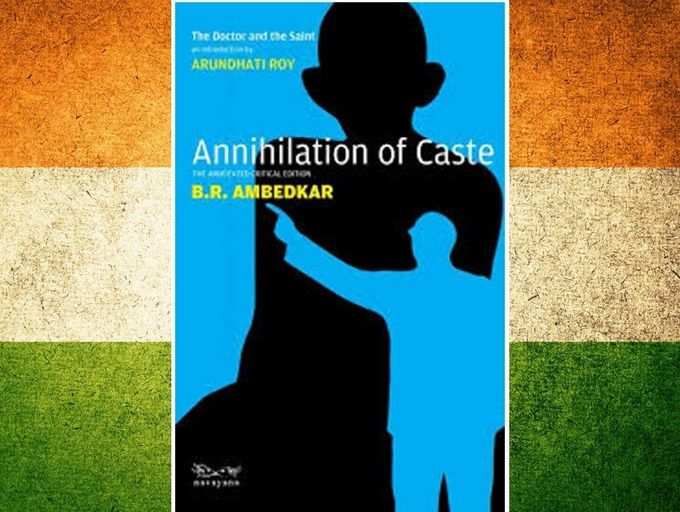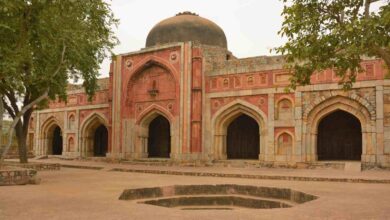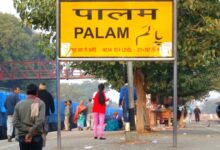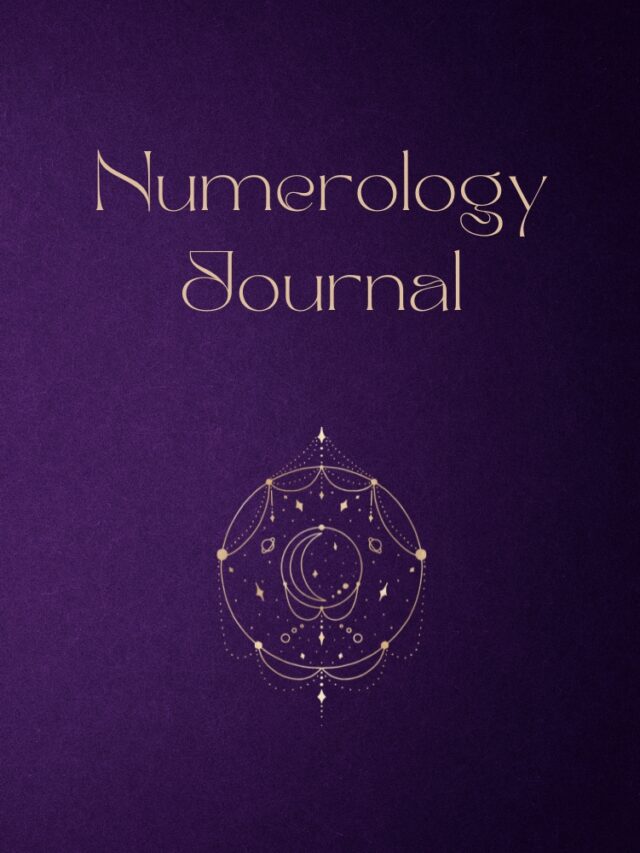On January 26, India will be celebrating its 72nd Republic Day. The day is observed every year to remember the date on which the Constitution of India came into effect, 26 January 1950. The constitution replaced the Government of India Act (1935) as the governing document of India and thus, turning the nation into a republic.
India was ruled by the British for almost 200 years. It started with Robert Clive winning the Battle of Plassey in 1757 and ended with India getting independence in 1947. The long struggle to achieve this involved the blood, sweat, and tears of innumerable freedom fighters. Thousands of them sacrificed their lives so that India could be freed from British rule while many got the chance to see the country as an independent nation. Here is a look at 8 memorable books by freedom fighters.
‘Hind Swaraj’ by Mahatma Gandhi

The book was banned by the British government under the pretext of being seditious. It is written in the form of a dialogue between Gandhi and his close friend, Pranjivan Mehta as they argue about beliefs based on civilization, conditions of India and England, passive resistance, and education.
Pic credit: Maple Press
‘Why I am an Atheist’ by Bhagat Singh

It is Bhagat Singh’s one of the most famous essays. ‘Why I am an Atheist’ was written in 1930 while he was imprisoned in the Lahore Central Jail. The essay was a reply to Singh’s religious friends who thought he became an atheist because of his vanity and self-admiration.
Pic credit: Delhi Open Books
‘Gitanjali’ by Rabindranath Tagore

‘The Golden Threshold’ by Sarojini Naidu

Published in 1905, the book is a beautiful collection of poetry. Its contents include “Folk Songs”, “Songs for Music”, and “Poems”. Naidu was the first Indian woman to become the President of the Indian National Congress and the first woman to become the governor of a state in India.
Pic credit: Ragged Hand
‘India Divided’ by Rajendra Prasad

The book traces the origins and growth of the Hindu–Muslim conflict and gives the summary of the several schemes for the partition of India which were put forth. It also shows how the suggested scheme of Partition was unfeasible and proposes a new solution to the Hindu–Muslim dichotomy.
Pic credit: Penguin India
‘The Discovery of India’ by Jawaharlal Nehru

The book was written during Nehru’s four years of confinement to solitude in prison and is his way of paying homage to his beloved country and its rich culture. The book is a broad view of Indian history, culture, and philosophy.
Pic credit: Penguin India
‘Unhappy India by Lala Lajpat Rai

In this book, Lala Lajpat Rai gave a reply to Katherine Mayo, a journalist who wrote a biased book on India depicting only its problems. Rai compared Indian society with the USA and Britain of that time and pointed out that their situation is not much different than India.
Pic credit: Wave Books
‘Annihilation of Caste’ by BR Ambedkar

Known as the ‘Father of Indian Constitution’, Ambedkar, in this book argues that the immorality of caste was sustained by the Vedas and Shastras, and without “dynamiting” them there could be no reform. This essay talks about the caste system and the need for its destruction.
Pic credit: Navayana







